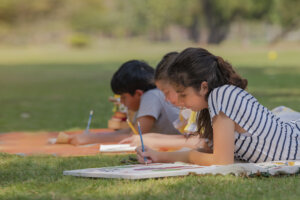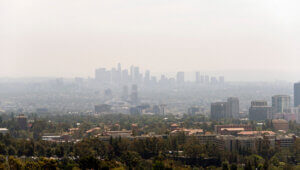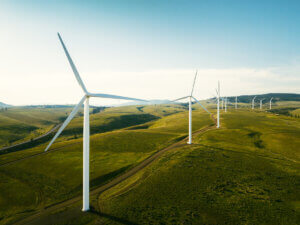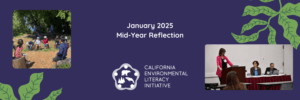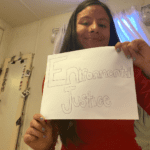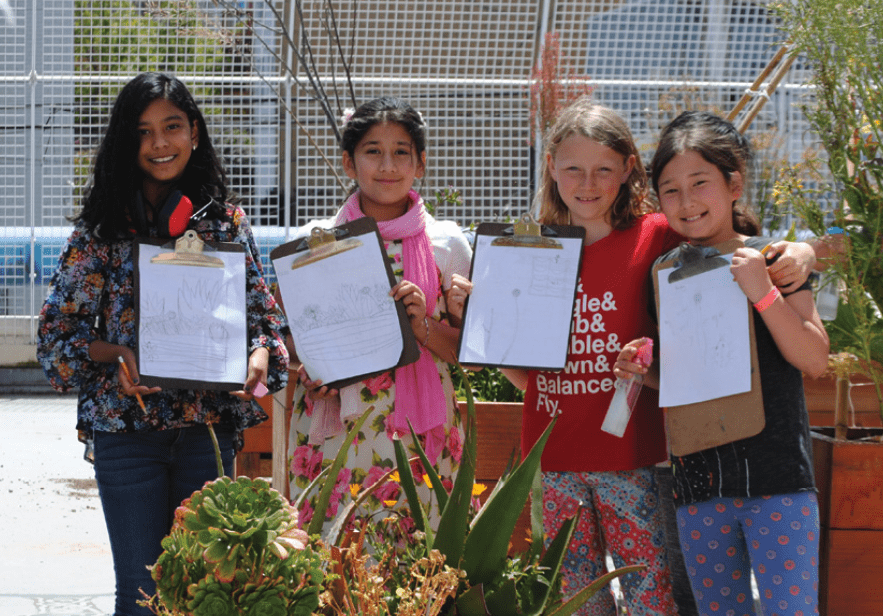Marlize Velasco is a student that works with the Youth for Environmental Action (YEA) group in Santa Cruz County. By empowering her peers to come together and develop ideas for environmental action, she hopes to set an example for younger kids, especially in low-income communities, for sustainability.
Note: This Q&A has been excerpted and abridged from the video interview below.
Describe your work leading environmental action in your community. How did you get involved and how has your experience grown over time?
I was very into environmental justice in my high school, so I started an environmental club. Then my academic counselor told me about the YEA in Santa Cruz County, and she told me it might be a great opportunity for me to continue having leadership roles in my community. I got involved in that because I really believe in the voice of the youth, especially when it’s about issues they’re passionate about.
We’re currently working on a YEA YouTube channel. Our main target is the youth, like fourth and fifth graders, and that’s the one platform they’re always on. We want to encourage them to have hope even in times like these, and to teach them how to have sustainable practices at home, even things as simple as turning off your lights when you go to sleep.
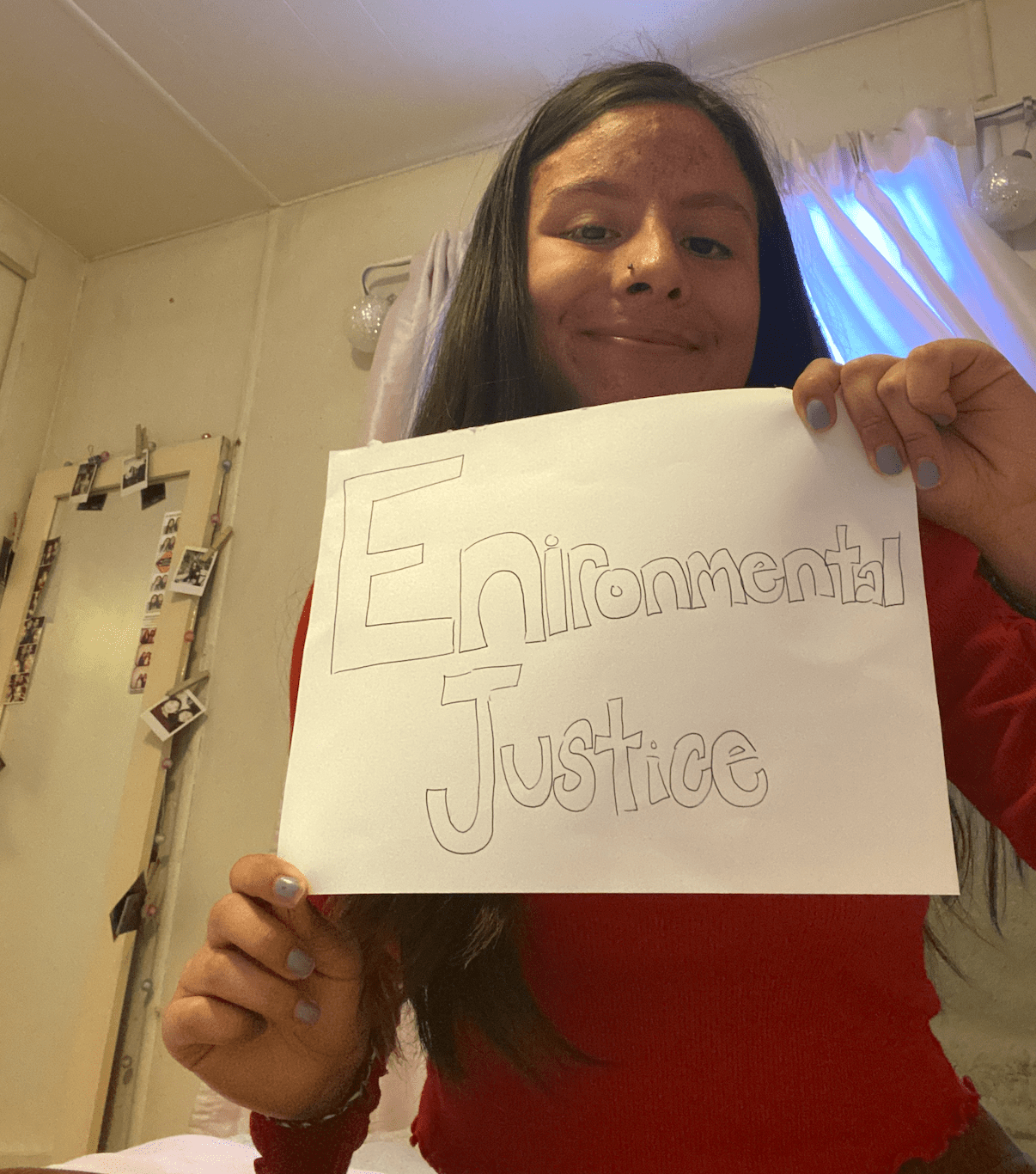
Why is this issue important to you?
This issue is important to me because it’s something we can’t ignore. It’s interesting how it all ties into politics, and we’re seeing how it influences our political climate and the choices being made for us. It’s up to us if we want to continue to live this way or if we actually want to make a change for future generations. People my age have so much information at our fingertips, and this is a chance for us to do something. It’s a chance for us to take action.
What is one of the biggest lessons you’ve learned through your environmental work?
I’ve learned that you have to be organized and you have to be driven to actually make your voice heard. At the beginning of doing this, I had so many things I was passionate about and I was like a sponge wanting to squeeze all the water. But it can get overwhelming; it’s easy to want to do too much.
The reality is that you need people, connections, resources, and you need to be organized in what you want to take action on. I think that’s something as leaders that we learn over time: how to center ourselves and take things one at a time. You can’t conquer the world by yourself.
What role do you think education plays in shaping young people to become leaders on climate and social issues?
Textbooks aren’t just words, they’re telling a story. We should always be aware of how everything is playing out, why it is, and what we can do about it. We have to understand that history starts now, so let’s not just tell the story, but also understand how things have gotten to where they are. What can we do? And what should we look forward to doing? Education is important because it can inspire you and make you passionate about these issues.
What advice would you give adults based on your environmental leadership experiences?
I feel adults like to minimize youth and say we’re all just living in our own bubble. I wish adults would trust us and believe in us. It’s also important to give us those resources and connections to get organized so we can pursue these things we want to do. We need help from the older generations, especially when it comes to guidance. We need the resources to help project our voices.
Transitioning to a more sustainable society means building an inclusive movement. What are your thoughts on how to create a more equitable and inclusive environmental movement?
I think in order to make it more inclusive, one needs to recognize the privilege one has, and recognize that it must be our priority to think about sustainable practices.
If we want to be inclusive, we need to take it slowly and understand people can’t change their whole lifestyle. That’s not what we’re asking people to do. We just want to educate people, especially young people of color from grade school to high school, about the options, the problems, and have them be inspired. I feel like I’ve been inspired the most when I could do little things and help make progress.
Are there any other messages you’d like to leave us with?
Even though we’ve made progress, there’s still a lot of progress still to be made. That’s life. This generation might not conquer everything, but we still have to strive, wake up, and adapt. We have to keep going, no matter what.
Read more about how California youth are leading the movement for environmental action here.


